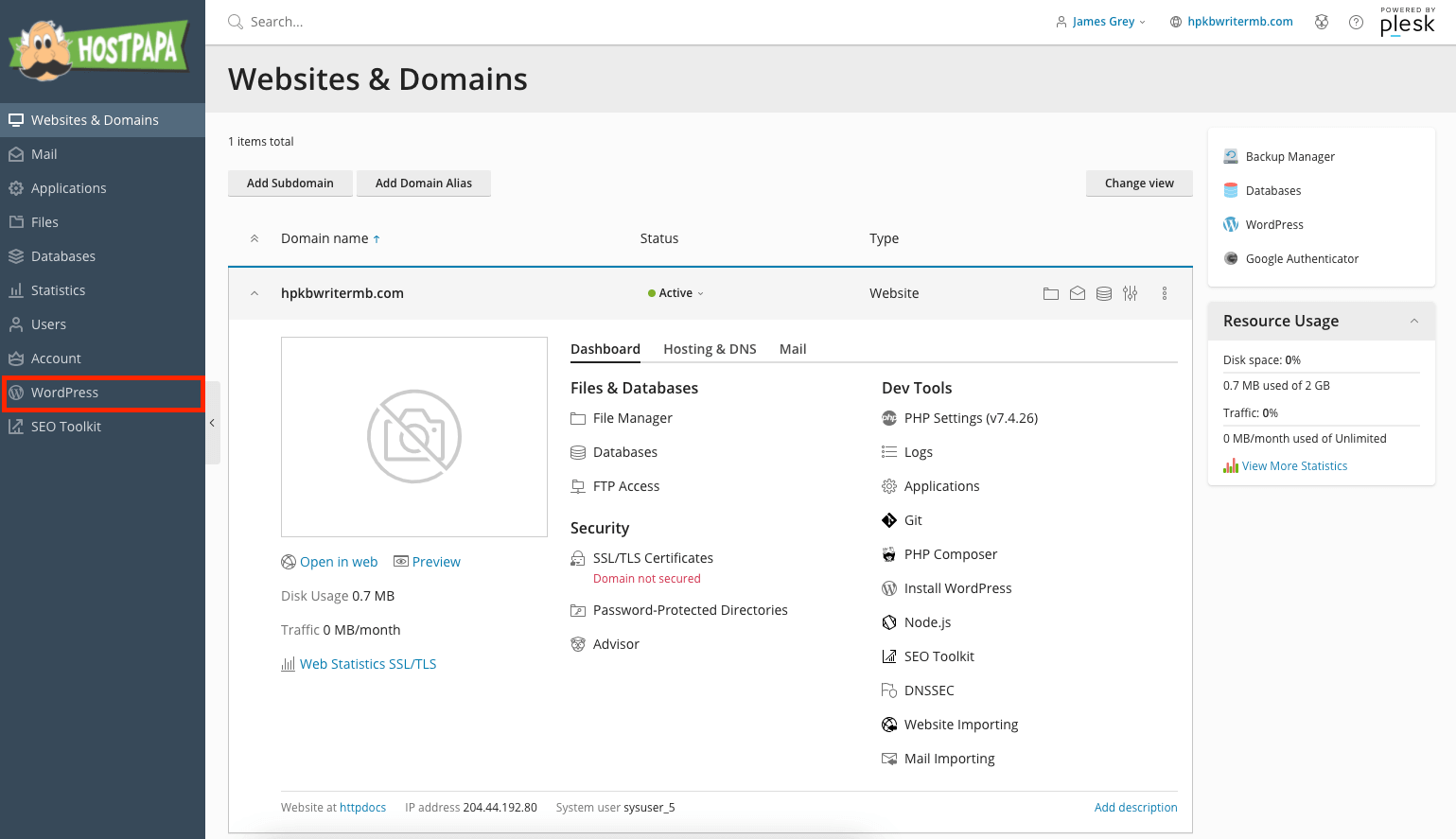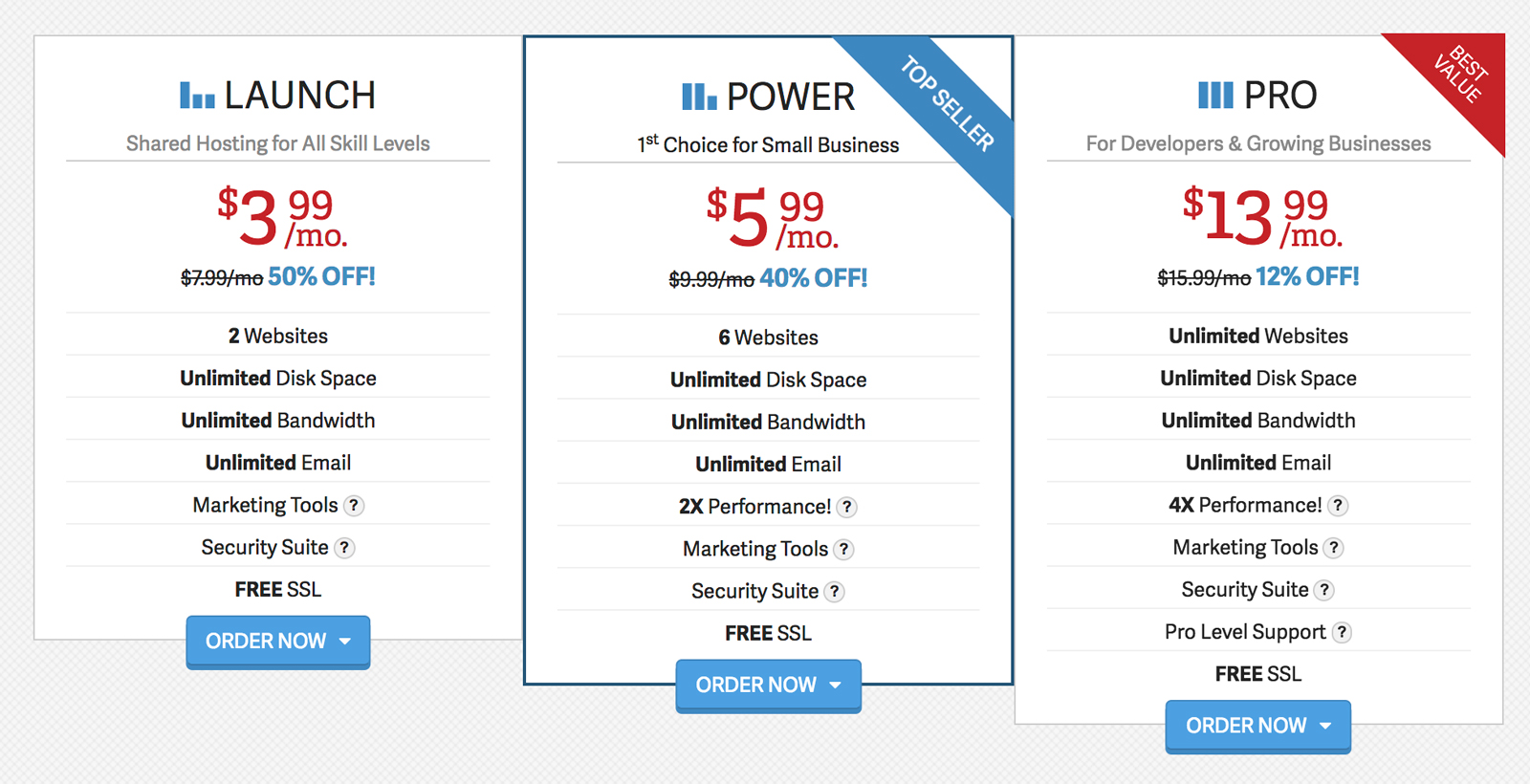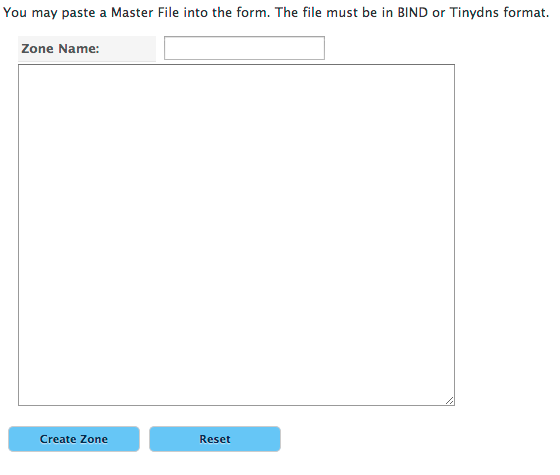
HTTP is the protocol that allows web server software for delivering files and data over the Internet. Users can access the web from anywhere, and it has many security features.
Many different types of software for web servers are available, both open-source and commercial. All of them have their own unique set of benefits and limitations, so it's important to choose the right one for your needs.
What is a Web Server?
A webserver is software that allows people browsing the Internet to access files and other content on a website. This includes HTML or PHP. The client sends an HTTP request, usually for a particular file. The server then responds by sending the file requested or any other information such as an error.
Apache, Nginx Tomcat, and Lighttpd are the most popular servers. Some of them are free to use while others have licensing fees attached, so be sure to read the license details before installing a new server on your network.

What platform should I choose?
Windows has a few options, although most popular web servers run on Unix or Linux. It doesn't matter what OS you use. The web server software that you choose must be compatible with the hardware of your server and accessible to people of all operating systems.
Which Web Server Platforms are Best?
Some web server platforms can run on different operating systems. They are ideal for businesses that wish to host their website on several platforms. Some of these web server platforms allow for multi-languages, while other allow you to set up the server as a SSL (Secure Sockets Layers), or proxy server.
What is the difference between Static and Dynamic Web servers?
A web-server can either be dynamic or static depending on what data it is serving. A static server will send the files as is to your browser. However, a dynamic server can update, remove, and add information based on requests.
What is the best web server for large scale enterprise applications?
A Java web server, like Tomcat, can be a great choice for large-scale enterprise applications. The open source software is free and supports multiple scripting languages. Although it is a good tool for dynamic pages, its approach to secure Sockets-Layer encryption can be less than ideal.
Nginx is a high-performance web server that can handle thousands of concurrent connections, and it's a great option for sites that experience heavy traffic loads. It's used as a performance enhancer for other server software or as a way to balance load.

Cherokee is the lightweight BSD licensed alternative to Apache Nginx or other common web servers. It has an intuitive interface, which makes it easy to configure.
It is fast, powerful and can be configured for dynamic pages. It is a good choice for home and business users.
FAQ
What Kinds Of Websites Should I Make?
The answer to this question depends on your goals. It may be best to sell online your products to build a company around your website. To do this, you will need to create a strong eCommerce website.
Blogs, portfolios, as well as forums are some other popular web types. Each requires different skills. You will need to be familiar with blogging platforms like Blogger or WordPress if you wish to create a blog.
Once you have chosen a platform, it is also important to determine how you can customize the appearance of your site. There are many templates and themes that are free for each platform.
Once you have decided on a platform, you are able to start building your website by adding content. Your pages can be filled with images, videos and text.
You can publish your website online once you have launched it. Once published, visitors can view your site in their browsers.
What is responsive web design?
Responsive Web Design, also known as RWD, is a way of designing websites so that content displays on all devices. This includes desktop computers, tablets (tablets), smartphones, etc. This allows users to view a website on one device simultaneously but still access other features such as navigation menus, buttons, etc. The goal of RWD is to ensure that when a user views a site on any screen size, they view the exact version of the site.
If you are building a website to sell products primarily via eCommerce, then you want to make sure that customers can purchase items from your store even if they view it on their smartphones.
A responsive website will adapt its layout to suit the device it is being viewed on. A website that is viewed on your laptop will display the same way as a desktop website. However, if you're viewing the page on your phone, it will display differently.
This allows you to create one website that works on all devices.
How much do web developers make?
The hourly rate for a website you create yourself is $60-$80. However, if you wish to charge more, you can become an independent contractor. The hourly rate could be anywhere from $150 to $200
How to Make a Static Site
To create your first static website, you'll need to choose between two options:
-
Content Management System, also known as WordPress. WordPress is available as a download. This will allow you to create an essential website.
-
How to Create a Static HTML Website. In this instance, you will need to write your HTML/CSS codes. If you have a good understanding of HTML, this is not difficult.
If you plan to build a large website, you may want to consider hiring an expert to create your static website.
But starting, you should probably go with option 2.
What is a website static?
A static website contains all content stored on a server that visitors can access via web browsers.
The term "static" refers to the fact that there are no dynamic features such as changing images, video, animation, etc.
This site was originally intended for corporate intranets. However it has since been adopted and modified by small businesses and individuals who require simple websites without complex programming.
Because they are easier to maintain, static sites have been growing in popularity. It's easier to update and maintain static sites than a website that has many components (such blogs).
They also load more quickly than dynamic counterparts. This makes them perfect for users who are using mobile devices or have slow Internet access.
Also, static websites are more secure that dynamic counterparts. It is difficult to hack into static websites. Hackers have limited access to data within a database.
There are two main methods to create static websites:
-
Use a Content Management System (CMS).
-
Create a static HTML web site
It depends on what your needs are. If you're new to creating websites, I recommend using a CMS.
Why? Because it gives you complete control of your website. A CMS means that you don't have to hire someone to set up your website. Upload files directly to the CMS.
You can still learn code and create static sites. However, you will need to put in some time to learn how to program.
Statistics
- It's estimated that chatbots could reduce this by 30%. Gone are the days when chatbots were mere gimmicks – now, they're becoming ever more essential to customer-facing services. (websitebuilderexpert.com)
- Did you know videos can boost organic search traffic to your website by 157%? (wix.com)
- At this point, it's important to note that just because a web trend is current, it doesn't mean it's necessarily right for you.48% of people cite design as the most important factor of a website, (websitebuilderexpert.com)
- Is your web design optimized for mobile? Over 50% of internet users browse websites using a mobile device. (wix.com)
- It's estimated that in 2022, over 2.14 billion people will purchase goods and services online. (wix.com)
External Links
How To
What is website hosting?
Website hosting is the location where people go when they visit websites. There are 2 types.
-
Shared hosting - This is the cheapest option. Your website files reside in a server managed by another company. Your customers' requests travel via the Internet to your server when they visit your site. You then receive the request from the owner of the server.
-
Dedicated hosting - This is the most expensive option. Your website is hosted entirely on one server. Your traffic is private because no other websites have shared space on this server.
Because shared hosting is more affordable than dedicated hosting, most businesses opt for it. Shared hosting allows you to have your website run by the company who owns the server.
However, both have their advantages and disadvantages. Here are some key differences between them.
Pros of Shared Hosting
-
Lower Cost
-
It's easy to set up
-
Frequent updates
-
It can be found at many web hosting providers
Shared hosting is often as cheap as $10 per month. Keep in mind, however, that bandwidth is usually included in the price. Bandwidth refers the data that you can transfer over the Internet. Even if only you upload photos to your blog or website, high-volume data transfers may incur additional charges.
Once you begin, you will soon see why you spent so much on your previous host. Most shared hosts have very poor customer support. You'll be on your way after they walk you through setting it up.
Providers that offer 24-hour customer support are worth looking into. They will take care of any issues while you sleep.
Hosting dedicated:
-
More Expensive
-
Fewer Common
-
Requires special skills
With dedicated hosting, everything you need for your website is at your fingertips. You don't need to worry about bandwidth usage or RAM (random access memory).
This means you will need to spend more upfront. You'll soon realize that your business is self-sufficient once it's online. You'll quickly become an expert at managing your server.
Which Is Better For My Business, So Which Is Better?
The answer will depend on the type and purpose of your website. If you only want to sell products, then shared hosting might be the best choice. It's easy to set up and maintain. And since you're sharing a server with many other sites, you'll likely receive frequent updates.
If you are looking to create a community around your brand, dedicated hosting is the best option. It allows you to focus on building your brand and not worrying about managing your traffic.
Bluehost.com is a web host that offers both. They offer unlimited monthly data transfers and 24/7 support. You can also register domain names for free.